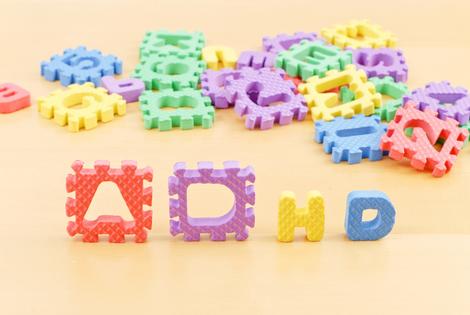Think your child has ADHD? What your pediatrician can do
Published in Health & Fitness
ADHD, or attention deficit hyperactivity disorder, is the most common neurobehavioral disorder of childhood. It affects approximately 7% to 8% of all children and youth in the US. As the American Academy of Pediatrics (AAP) points out in their clinical practice guideline for ADHD, that’s more than the mental health system can handle, which means that pediatricians need to step up and help out.
So, if your child is having problems with attention, focus, hyperactivity, impulsivity, or some combination of those, and is at least 4 years old, your first step should be an appointment with your child’s primary care doctor.
What steps will your pediatrician take?
According to the AAP, here’s what your doctor should do:
A diagnosis of ADHD is made only if a child has symptoms that are:
There are ADHD rating scales that have been studied and shown to be reliable, such as the Vanderbilt and the Conners assessments. These scales can be very helpful, not just in making diagnoses, but also in following the progress of a child over time.
Screen your child for other problems. There are problems that can mimic ADHD, such as learning disabilities, depression, or even hearing problems. Additionally, children who have ADHD can also have learning disabilities, depression, or substance use. It’s important to ask enough questions and get enough information to be sure.
Discussing treatment options for ADHD
If a diagnosis of ADHD is made, your pediatrician should discuss treatment options with you.
Follow-up care for a child with ADHD
Your pediatrician also should follow up with you and your child. Early on, there should be frequent visits while you figure out the diagnosis, as well as any other possible problems. And if medication is prescribed, frequent visits are needed initially as you figure out the best medication and dose and monitor for side effects.
After that, the frequency of the visits will depend on how things are going, but appointments should be regular and scheduled, not just made to respond to a problem. ADHD can be a lifelong problem, bringing different challenges at different times, and it’s important that you, your child, and your doctor meet regularly so that you can best meet those challenges.
(Claire McCarthy, M.D., is a senior faculty editor at Harvard Health Publishing.)
©2025 Harvard University. For terms of use, please see https://www.health.harvard.edu/terms-of-use. Distributed by Tribune Content Agency, LLC.










Comments